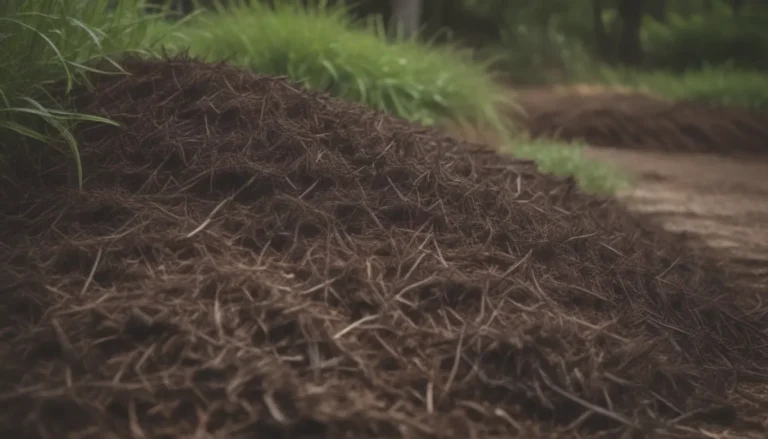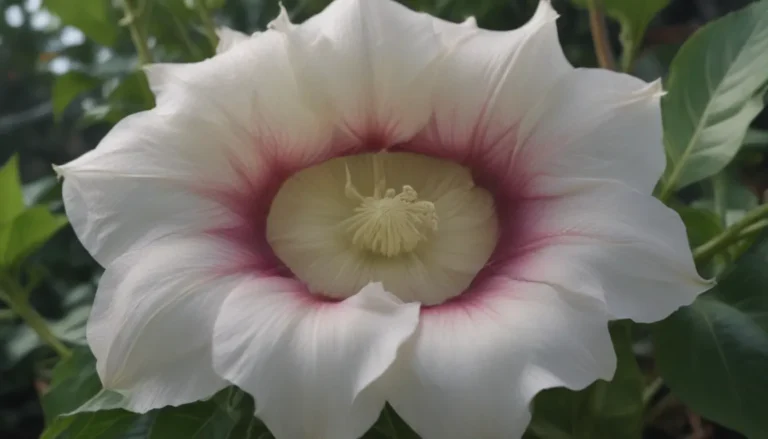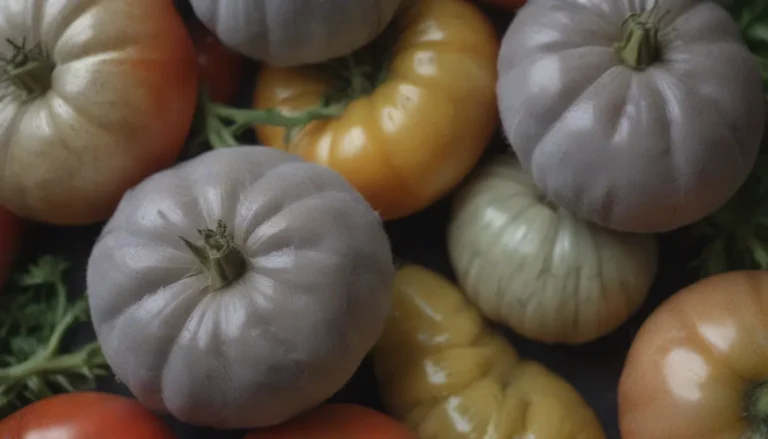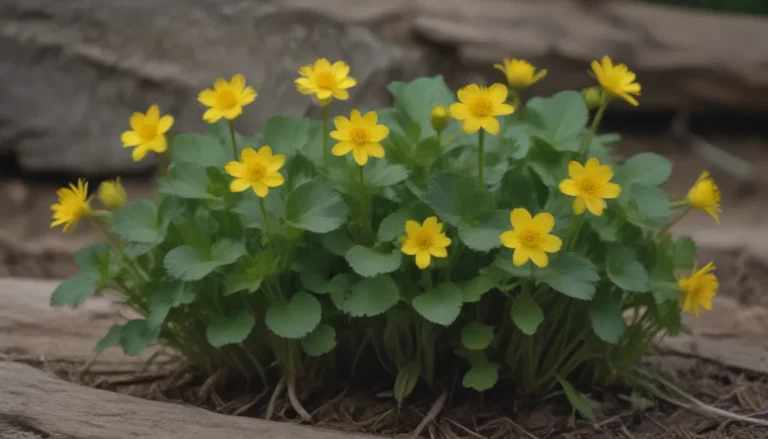Unveiling the Truth About Using Coffee Grounds for Thriving Tomato Plants: What You Need to Know
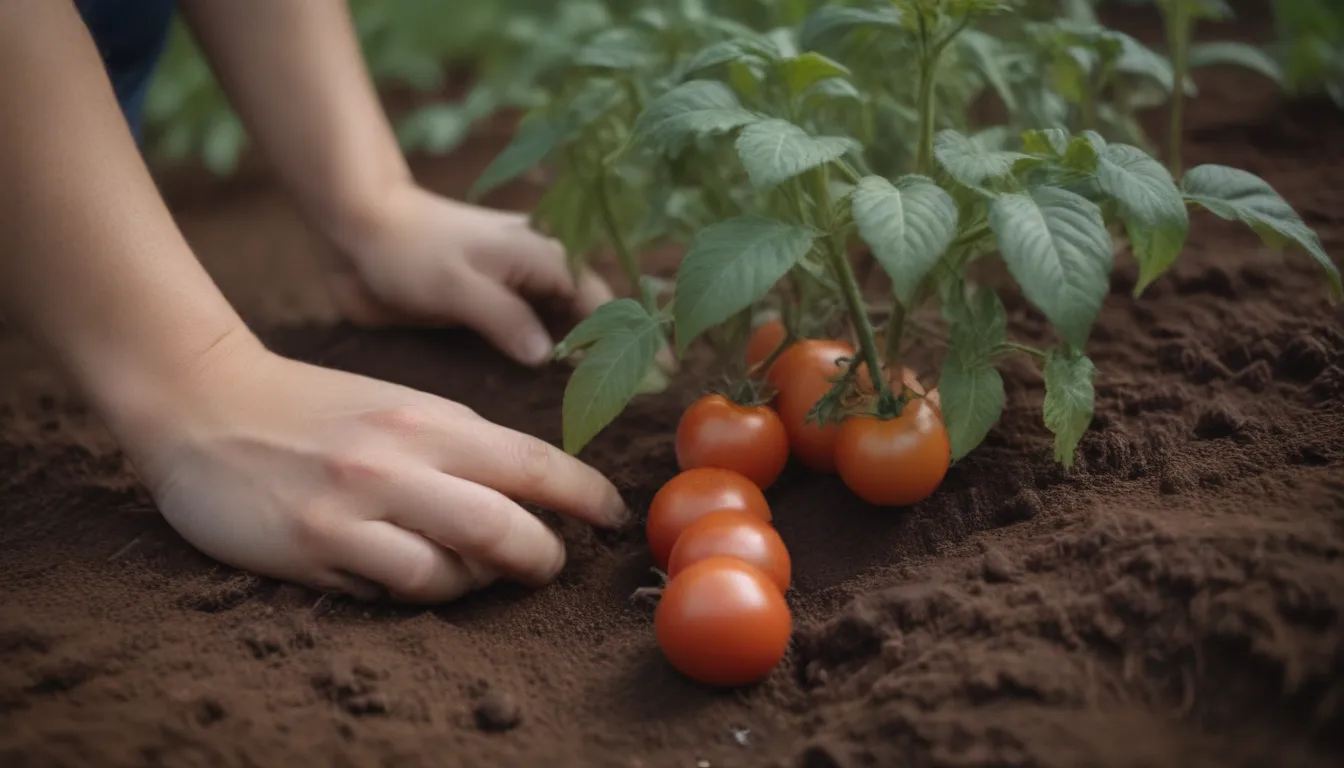
Tomato plants hold a special place in the hearts of home gardeners, seeking to nurture these beloved vegetables and reap a bountiful harvest. With various methods available to support tomato growth, you might have heard whispers about using coffee grounds as a secret weapon for successful tomato plants. But is there any truth to this belief? Let’s dive deep into the world of coffee grounds and tomato plants to uncover the facts and myths surrounding this gardening practice.
The Short Answer: Coffee Grounds and Tomato Plants
In a nutshell, coffee grounds are not the magical potion that will guarantee the success of your tomato plants or serve as a substitute for proper fertilizers. While coffee grounds do contain essential components like nitrogen, phosphorus, and potassium, they are only effective when broken down by organisms in a compost pile. Simply scattering coffee grounds on the soil surface or lightly working them in won’t cut it. In fact, the caffeine residues in used coffee grounds can hinder germination and slow plant growth. For coffee grounds to benefit tomato plants, they must undergo decomposition through composting, a process that can take months.
Why Coffee Grounds Can Work for Tomatoes
Coffee grounds hold around two percent nitrogen and trace amounts of phosphorus and potassium, vital nutrients for plant growth. However, their beneficial components are not readily available until the grounds are broken down by soil organisms. The most effective way to utilize coffee grounds for tomato plants is by incorporating them into a compost pile containing leaves, grass clippings, and vegetable trimmings. Regularly turning the compost pile will facilitate the breakdown process, resulting in an organically-rich mixture that can be used to enhance garden or container soil before planting tomato seedlings.
Should You Use Coffee Grounds to Fertilize Tomatoes?
Coffee grounds should not serve as the primary fertilizer for tomato plants. While tomato plants can tolerate slightly acidic soils, they thrive best in a pH range of 6.0 to 6.8. Excessive use of coffee grounds can alter the soil’s pH balance and potentially harm the plants. It’s essential to provide tomatoes with a balanced NPK fertilizer throughout the growing season to meet their nutrient requirements for optimal growth and fruit production.
Benefits of Traditional Fertilizer vs. Coffee Grounds
Traditional fertilizers containing balanced levels of nitrogen, phosphorus, and potassium are crucial for promoting healthy tomato plants. While coffee grounds offer some nutrients, their slow breakdown rate makes them less efficient compared to commercial fertilizers. Proper fertilization results in tomatoes with enhanced flavor, appearance, and nutritional content, offering a satisfying harvest for gardeners.
Additional Considerations for Coffee Ground Use in Gardening
-
Coffee Grounds and Soil pH: Coffee grounds are slightly acidic, which may not be suitable for plants that prefer alkaline soil, such as lilacs and lavender.
-
Coffee Grounds and Pest Control: Contrary to popular belief, using coffee grounds and eggshells around tomato plants does not act as a deterrent for pests or disease prevention. The best way to benefit from coffee grounds is by adding them to the compost pile.
-
Effect on Other Plants: Some plants, like broccoli, leek, radish, viola, and sunflower, may experience stunted growth when exposed to excessive coffee grounds. It’s crucial to consider the specific needs of each plant before incorporating coffee grounds into your gardening practices.
-
Composting Benefits: By incorporating coffee grounds and eggshells into your compost pile, you can enrich the soil with essential nutrients over time, providing a sustainable and eco-friendly solution for plant nourishment.
Conclusion
In conclusion, while coffee grounds can offer some benefits to tomato plants when used appropriately in a composting scenario, they should not replace traditional fertilizers. It’s essential to provide tomatoes with a balanced nutrient supply throughout their growth stages to ensure optimal health and productivity. By understanding the role of coffee grounds in gardening and incorporating them into your composting routine, you can support the growth of thriving tomato plants in your garden.
References:
– Tomatoes Growing Guide.
– Fertilizing Tomatoes for Delicious Fruit.
– Applying Spent Coffee Grounds Directly to Urban Agriculture Soils Greatly Reduces Plant Growth.
